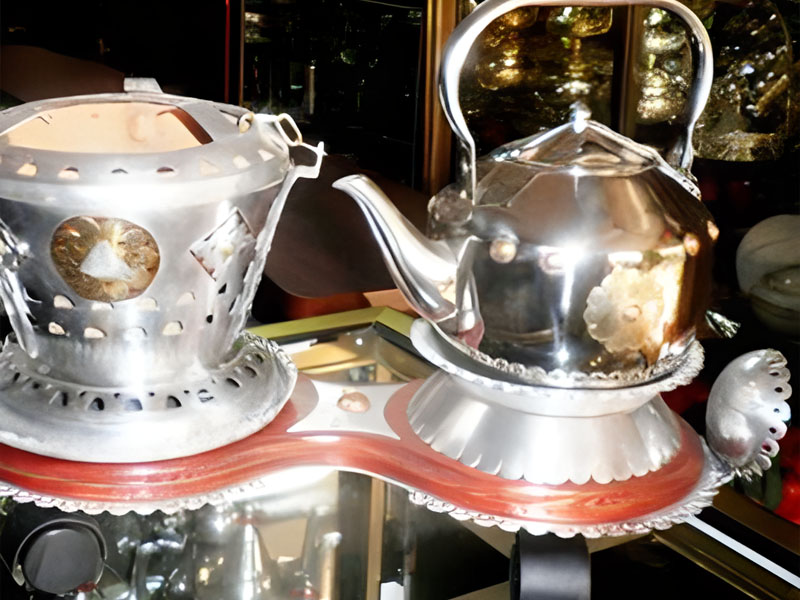Glimpses into the customs and traditions of the southern desert
Issue 41

By Muhammad Al Safi, Morocco
Many countries around the world have become aware of the great importance of folk culture and of its essential role in economic development. Folk culture has become a core concern for these countries, and it has helped to revive their heritage. Many countries – including France, Spain, Italy, Turkey and Greece – use folk culture to improve their economies and boost tourism.
Folk culture is more than just its aesthetic and symbolic dimensions; it can be an important source of income. An integral part of Moroccan society, the Hassani community has its own customs and traditions. Hassani heritage is long-standing, original and unique. This community is characterised by its originality as reflected in its distinctive customs and traditions; despite the passage of time, it is still a conservative community.
Desert heritage, which stems from Arab and Islamic origins, is rich and diverse. The Bedhan society, an Arab Muslim community with no religious minorities, still adheres to its unique culture. Ancestral values are reflected in its norms, customs, traditions, traditional crafts, social bonds, special dialects, and Islamic religious teachings.
The folk culture recorded in the Hassani language includes literary arts such as poetry, prose, sayings, wisdom, anecdotes, stories, folk riddles and traditions, which are still practiced today.



































































